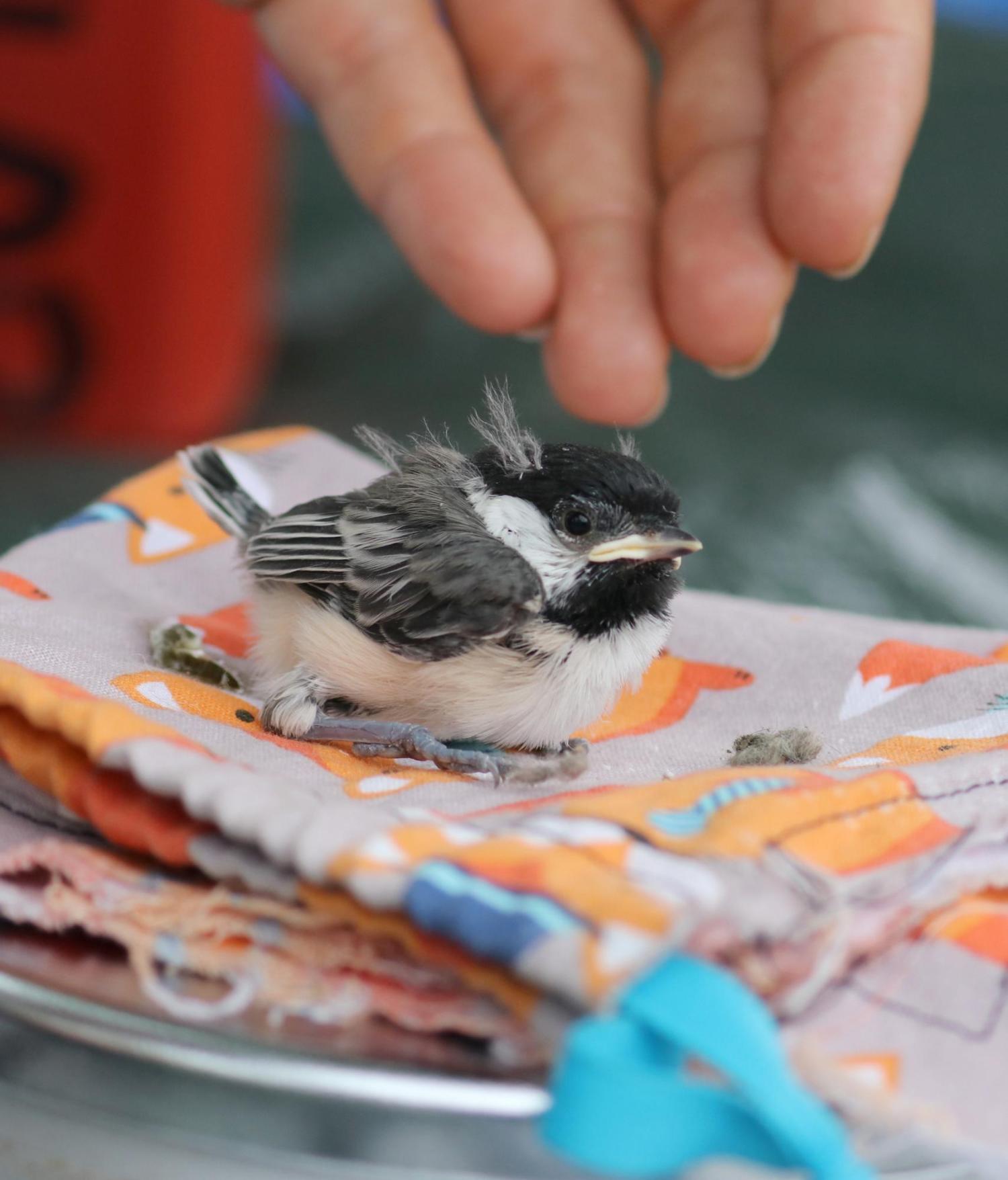Mia, Cori, Angela and Will received grants from CFO and/or DFO!

Mia has recently received funding from both the Denver Field Ornithologists and Colorado Field Ornithologists! She will use these grants to help set up her summer pilot project, as part of her PhD research, to explore how urbanization and elevation affects chickadee nestling development and behaviors exhibited within the nest. Information from this study will provide insights into how increasing anthropogenic interference influences the life history traits and species' ranges of chickadees in Colorado.
Cori will use continued funding from the DFO to sequence the remaining 2020 nestling fecal samples to gain more insight into the relationships between vegetation, arthropod populations and chickadee nestling diet in Boulder.
Angela received funding from the Colorado Field Ornithologists to support her research on avian malaria infections in chickadee nestlings. Angela is seeking to determine whether infected chickadee nestlings experience a higher intensity of malaria infection compared with adult chickadees, in addition to a reduced fledging success compared with uninfected nestlings. Additionally, Angela has identified that the highly invasive avian malaria strain, SGS1, infects adult chickadees in Boulder and her work this summer will determine whether this strain is infecting nestlings.
Will will be using the funds provided by CFO/DFO to fund the sequencing part of his project investigating whether there is a contact zone between eastern and western lineages of the house wren, a common bird in much of North America. This collaboration with Garth Spellman at the Denver Museum of Nature and Science has the potential to uncover a new North American hybrid zone between two lineages that are as genetically different as black-capped and mountain chickadees.


